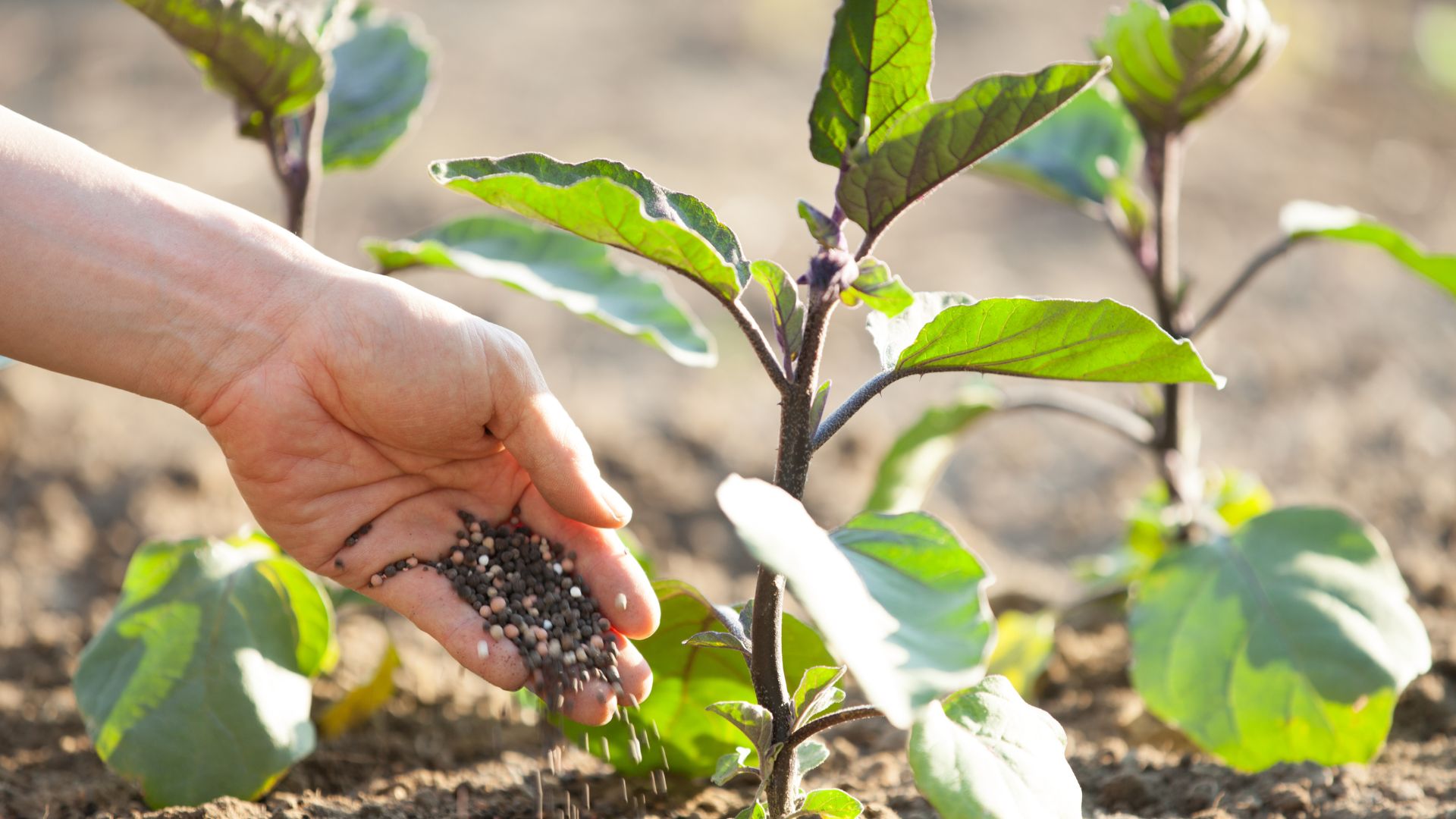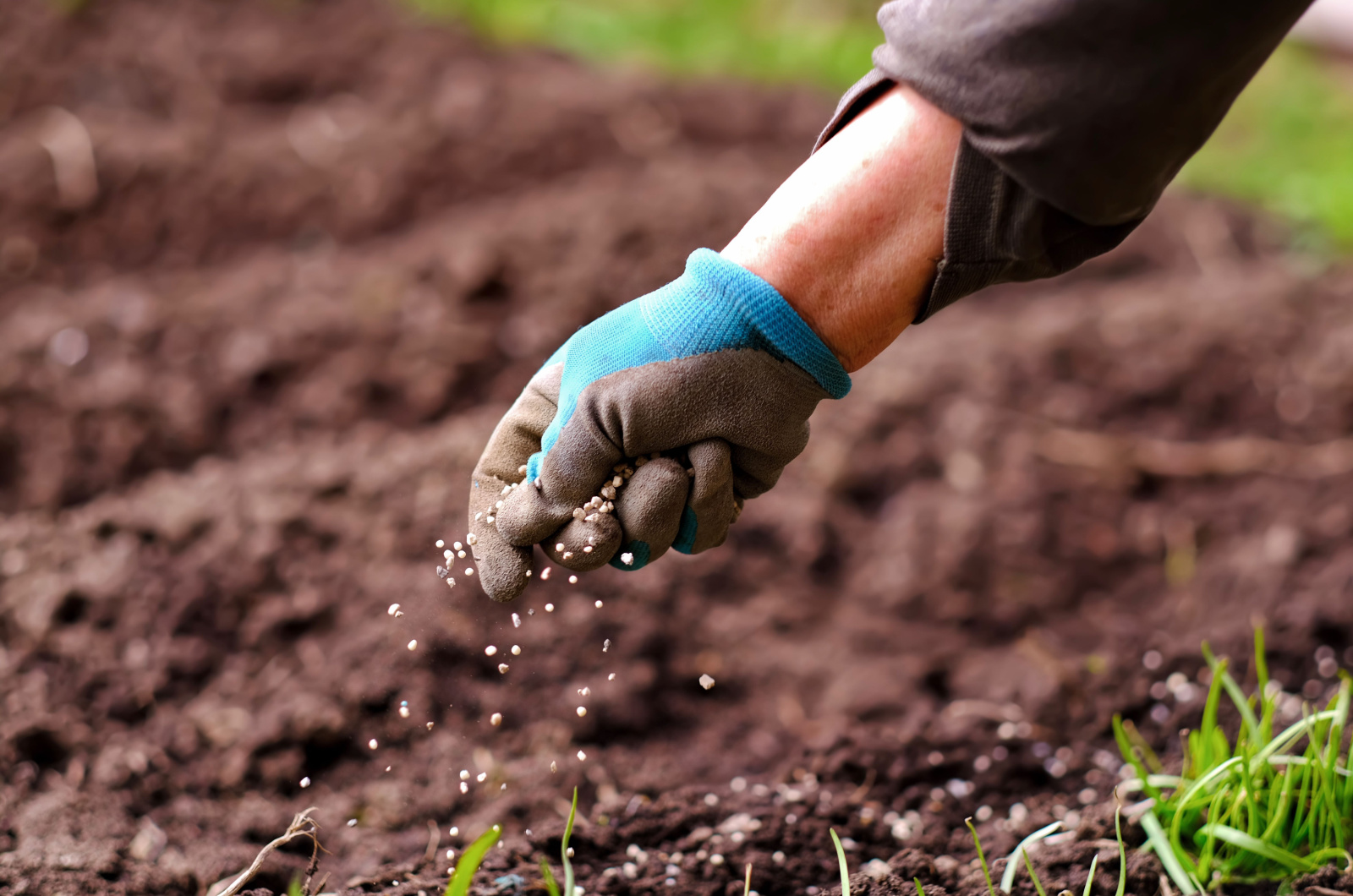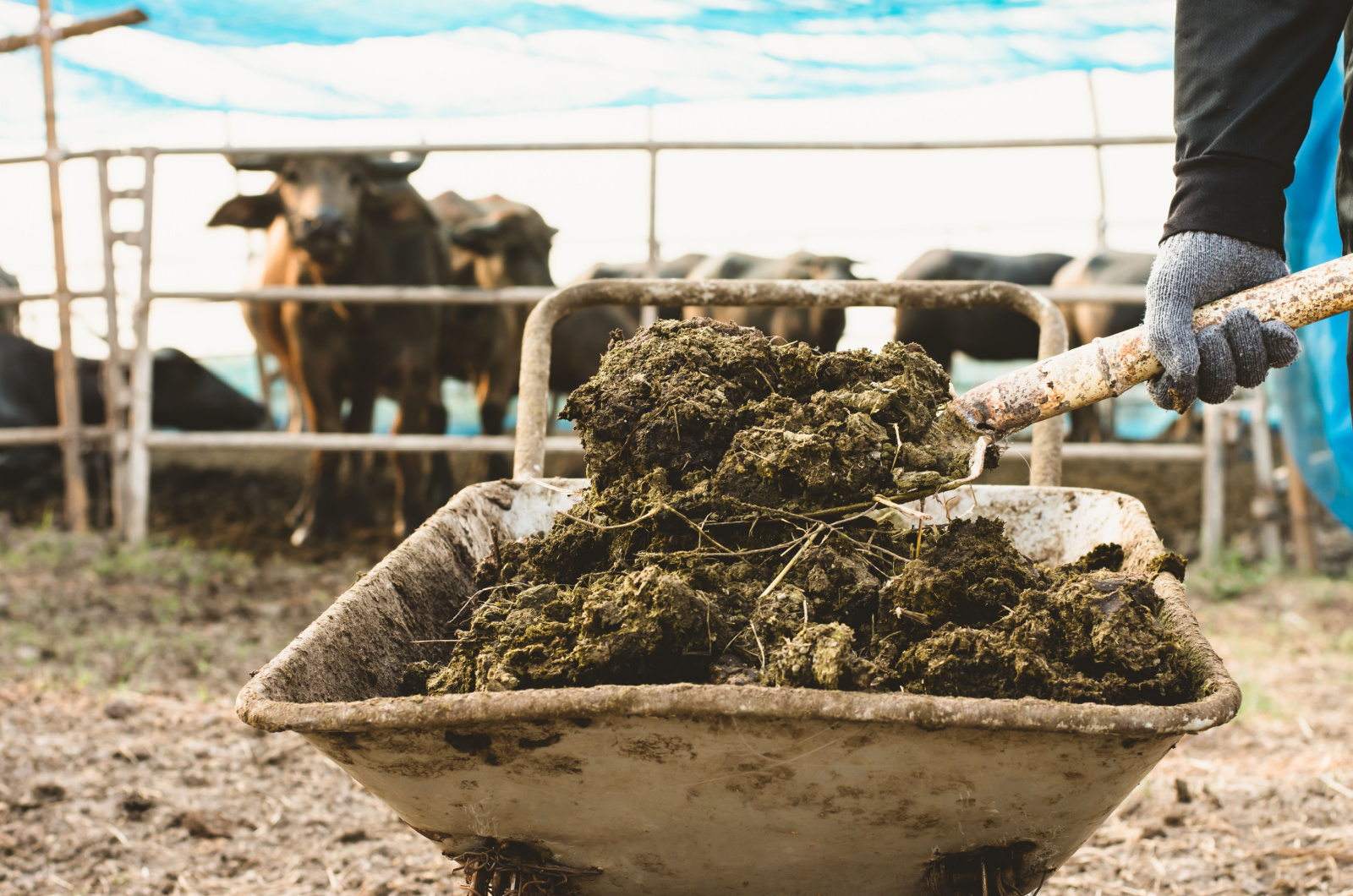We all know that a thriving veggie garden results from hard work, and that sunlight, water, and drainage are all essential for healthy plant growth. Another thing that vegetables can’t grow without are nutrients.
Gardeners typically fertilize their veggies before and during the growing season, but many stop fertilizing after the harvest.
In this article, I’ll show you why it is important to fertilize a vegetable garden in the fall. You’ll also find out the best time to do it and which fertilizers to use.
Let’s get started!
Why Fertilize?
It’s actually pretty simple to understand why you should fertilize in the fall. Vegetables spend nutrients throughout the growing season to develop healthily and, of course, produce the crops.
Over time, they deplete the nutrients and as a result, the soil becomes exhausted. We must replenish the nutrients and improve the soil for the veggies we intend to plant in the future.
As soon as the spring arrives and the threat of frost passes, we rush to feed planting sites to prepare them for the following season. Well, if you fertilize in the fall, you’ll save time and be able to focus on planting and other gardening chores in the spring.
I’m sure many of you have veggies that don’t finish their growing season in the early fall. Also, many growers have kitchen gardens with vegetables and herbs.
Root development is still present in these plants and they need to produce enough amino acids and sugars (1) to prepare themselves for the dormancy period and protect them from freezing during the winter months.
Fertilizer application during this period will help the plants to successfully complete this process and continue their growth when the soil temperatures increase in the spring.
In the agricultural world, there are many ways to fix exhausted soil but when it comes to vegetable gardens, mulching and planting cover crops work best.
The Perfect Time To Fertilize Veggie Garden In The Fall
A rule of thumb is to fertilize before the ground freezes. However, there are two factors that determine this. The first one is your USDA hardiness zone and the second one is the weather pattern present in a specific area.
You need to check the first expected frost date for your region and plan to fertilize your veggie garden approximately 4 weeks before. Do not wait any longer because heavy rain or snow can wash away the fertilizer.
Early to mid-October is the typical time to apply fertilizers in most areas.
If you live in USDA zone 7b, you should wait until late October, approximately 7 days before Halloween.
Mulching is the preferred technique for improving the garden soil and if you decide on it, you can basically apply it at any time during the fall.
The only thing to pay attention to is not to apply mulch after the frost.
The Best Fertilizers For Fall Veggie Gardens
When it comes to fertilizers used in the past, we can see that animal manure was the predominant choice of gardeners. While fresh manure contains a high number of nutrients, you should never apply it directly to the plants.
It can burn the plant roots, which is the main reason we use well-aged manure.
If you decide on fresh manure, a good technique is to mix it into the soil. This way, the high nutrient levels will leach away and crops will have just the right amount of them in the spring.
You should also avoid adding fertilizers that contain high concentrations of nitrogen because this nutrient is responsible for leaf development. We don’t want the plants that are already in our gardens to produce greenery because they will be destroyed by cold weather.
The good thing is that many recommended store-bought fertilizers aren’t rich in nitrogen and can be applied in the fall. One of the best examples is bone meal.
This fertilizer type is high in phosphorus, which is mainly responsible for root growth. There are other ways to add phosphorus to the soil, such as compost.
Mulching with grass clippings, bark chippings, or leaf mold will also improve the structure of your soil and prepare it for the next season.
Another way to add nutrients to the soil is by planting cover crops. These plants will grow over the winter months and replenish the nutrients in the soil.
Rye, wheat, and crimson clover are just a few of the cover crops you can add and each will do a great job.
The Best Manure For A Vegetable Garden
Many gardeners have asked me about the best type of animal manure to use in a vegetable garden. Animal manure is commonly used to add nitrogen to the soil, but chicken manure gives the best results.
Cow, horse, and sheep manure are also efficient but I only recommend using them if you want the different nutrients to be released over a longer period of time.
The essential step for any type of manure is to leave it at least 6 months to age well before you put any plants into the ground. If some veggies are already planted, use other types of fertilizer.
I highly recommend fertilizing your veggie gardens in the fall and then putting them to sleep. This is the perfect opportunity to prepare everything for the next season. Spring already consists of numerous gardening chores, so why not reduce them while you can?
References
1. Kim, Y., Loo, I., Pang, T. Y., Lercher, M., Frommer, W. B., & Wudick, M. M. (2021). Cellular export of sugars and amino acids: Role in feeding other cells and organisms. Plant Physiology.



